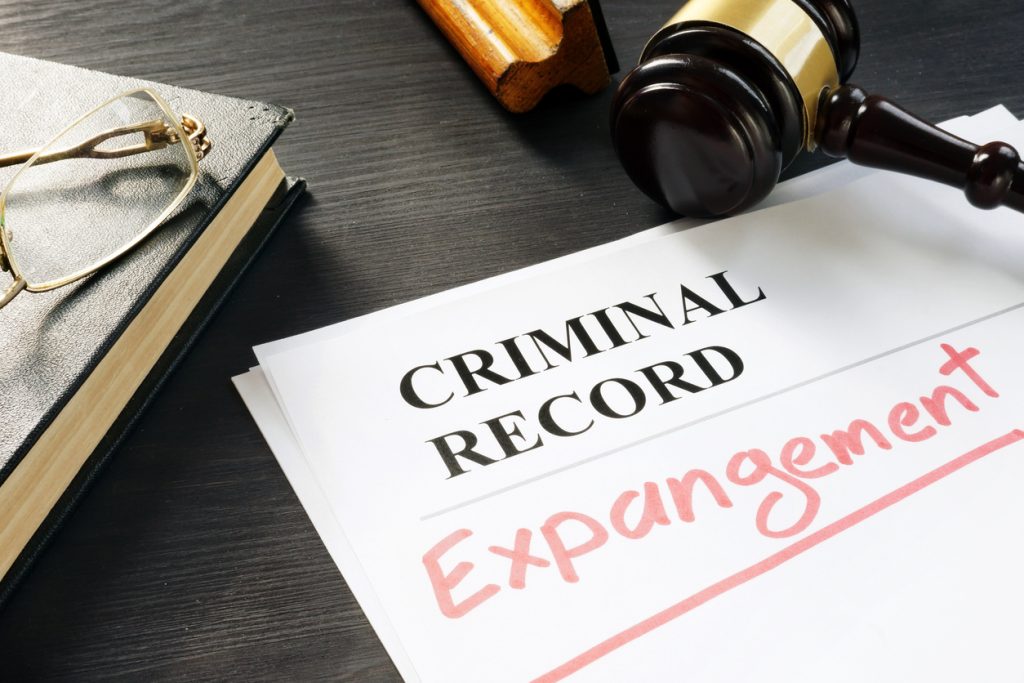In recent years, Arizona has made significant strides in criminal justice reform, one of the most notable being the introduction of new expungement laws. These laws aim to provide individuals with a second chance by allowing them to clear certain convictions from their records. This helps to improve their opportunities for employment, housing, and other essential aspects of life.
Understanding Expungement
Expungement refers to the legal process of erasing or sealing a criminal record. When a conviction is expunged, it’s as if the offence never occurred, at least in the eyes of the law. This can significantly improve a person’s prospects, as a clean record can remove barriers to employment, education, and housing. Traditionally, Arizona did not have a comprehensive expungement process, leaving many individuals with limited options to move past their criminal records.
Before the introduction of the new expungement laws, which came into effect on January 1st, 2023, individuals with criminal records in Arizona faced numerous challenges. A criminal record can be a significant hindrance, affecting various aspects of life, long after the sentence has been served.
Key Provisions of the New Laws
The new expungement laws in Arizona, enacted through recent legislation, provide a clear framework for individuals seeking to clear their records. Eligibility criteria determine which convictions can be expunged, with generally non-violent offences, including certain drug-related offences, qualifying for expungement. Violent crimes and serious felonies are typically excluded. The criteria for expungement also take into account the nature of the offence, the time elapsed since conviction, and the behaviour of the individual since the offence.
Individuals must file a petition with the court to begin the expungement process. This involves providing detailed information about the conviction, demonstrating rehabilitation efforts, and sometimes attending a hearing. Due to the complexities of the process, procuring criminal defense representation is recommended to aid in navigating the process successfully.
Judges have significant discretion in granting or denying expungement petitions. They weigh various factors including the nature of the offense, rehabilitation efforts, and the petitioner’s criminal history. This ensures that each case is evaluated on its merits, balancing the interests of public safety and justice.
Once the record is expunged, the individual can legally state that they have never been convicted of the expunged offence. This can be extremely beneficial to the individual when seeking employment, housing, or even educational opportunities. Certain government agencies and licensing boards may still access expunged records under certain circumstances.
Impact on Individuals and Society
The introduction of expungement laws in Arizona marks a significant shift toward a more forgiving and rehabilitative criminal justice system. For individuals, the ability to have their record expunged can be life-changing. It opens the door for better employment opportunities, more stable living conditions, and higher education prospects. This can lead to improved mental health as individuals are better able to reintegrate into society and lead productive lives. This can drastically decrease the likelihood of re-offending, giving the individual achievable life goals and a future.
From a societal perspective, expungement laws contribute to a more equitable community. This allows individuals to move past their mistakes and gives them a chance to prove themselves, proving that they can change. This approach can reduce the stigma of living with a criminal record, promoting inclusivity and diversity in the workforce and other areas of the community.
Challenges and Criticisms
There are challenges and criticisms to expungement laws, despite their positive aspects. One major concern is the complexity of the process. The requirement to file a petition and potentially attend a hearing can be daunting, especially to those individuals who may not have the means to hire proper legal representation. This can result in unequal access to expungement, with those who are less advantaged facing greater hurdles.
Many believe that the expungement eligibility criteria are too restrictive. Some critics argue that the scope of offences eligible for expungement should be expanded to include more types of convictions. This is particularly true given the evolving understanding of criminal behaviour and rehabilitation. There is also a concern that judicial discretion can lead to inconsistencies, with similar cases resulting in different outcomes based on the judge’s perspective.
Moving Forward
Arizona’s new expungement laws represent a meaningful step toward criminal justice reform, offering hope and opportunities to many individuals seeking a fresh start. There is still work to be done to ensure that the process is accessible and fair to all who qualify. Continued advocacy and potential legislative adjustments may help address some of the current limitations, expanding the benefits of expungement to a broader population.
As these laws begin to take effect, it is crucial to monitor the impact, gather data on the outcomes, and remain open to further forms of reform. Arizona can continue creating a more just and rehabilitative criminal justice system, fostering a community where everyone has the chance to contribute and thrive.
These laws promote justice, rehabilitation, and societal well-being by providing individuals with the ability to clear their records and rebuild their lives. By removing the barriers created by past convictions, they help individuals gain better access to employment, housing, and education. While these new expungement laws are not without challenges, they offer a promising path forward. Continued efforts to refine and expand these laws will be crucial in ensuring that more people can benefit from the opportunity for a fresh start.





















